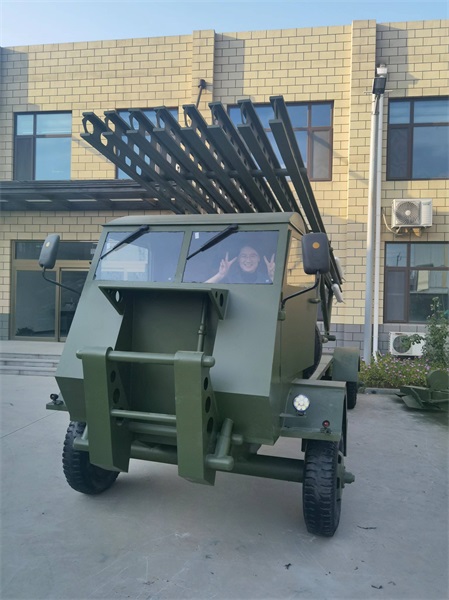航空模型與真飛機一樣,主要由機翼、尾翼、起落架、機身和發(fā)動機五大部分組成。
An aviation model, like a real aircraft, mainly consists of five major parts: wings, tail wings, landing gear, fuselage, and engine.
模型飛機的組成
Composition of Model Aircraft
機翼:是模型在飛行時產(chǎn)生升力的裝置,并能保持模型的橫側安定。
Wing: A device that generates lift during flight and maintains lateral stability of the model.
尾翼:包括水平尾翼和垂直尾翼兩部分。水平尾翼保持模型飛行時的俯仰安定,垂直尾翼保持方向安定。水平尾翼的升降舵能控制模型的升降,垂直尾翼的方向舵能控制模型的飛行方向。
Tail: includes two parts: horizontal tail and vertical tail. The horizontal tail maintains pitch stability during model flight, while the vertical tail maintains directional stability. The elevator of the horizontal tail can control the elevation of the model, and the rudder of the vertical tail can control the flight direction of the model.
起落架:供起飛、降落及停放用。
Landing gear: used for takeoff, landing, and parking.
機身:主要作用是將模型各個部分組成一個整體,同時可以裝載必要的控制機件、設備和燃料等。
Fuselage: The main function is to integrate various parts of the model into a whole, while also loading necessary control components, equipment, and fuel.
發(fā)動機:它是模型飛機飛行的動力裝置。
Engine: It is the power device for model aircraft flight.

前緣:翼型的更前端。
Leading edge: The leading edge of an airfoil.
后緣:翼型的更后端。
Trailing edge: The last end of an airfoil.
翼展:機翼(尾翼)左右翼尖間的直線距離。
Wing span: The straight-line distance between the left and right wingtips of a wing (tail).
翼弦:機翼或尾翼的前后緣之間的距離。
Wing chord: The distance between the leading and trailing edges of a wing or tail.
機身長:模型飛機更前端到末端的直線距離。
Body length: The straight-line distance from the front end to the end of the model aircraft.
:模型各部分重力的合力點。
Center of gravity: The point of resultant force of the gravity of each part of the model.
上反角:機翼前緣線與模型橫軸線之間的夾角。
Upper opposite angle: The angle between the leading edge line of the wing and the transverse axis of the model.
機翼安裝角:機翼翼弦與機身縱軸線之間的夾角。
Wing installation angle: The angle between the wing chord and the longitudinal axis of the fuselage.
機翼迎角:飛行中機翼與迎面留過的氣流之間的夾角。
Wing angle of attack: The angle between the wing and the airflow passing through it during flight.
翼載荷:單位升力面積所承受的飛行重量。
Wing load: The flight weight borne per unit lift area.
總升力面積:是模型飛機處于水平飛行狀態(tài)時,機翼的總面積以及水平和傾斜安放的尾翼面積,在水平面上的正投影面積之和。
Total lift area: refers to the sum of the total area of the wings and the area of the tail wings placed horizontally and obliquely on the horizontal plane when the model aircraft is in horizontal flight.
This article is organized and published by a large aerospace model. Do you have any understanding of these contents? For more information, please click on: http://m.hnecatgd.com We will have more exciting content waiting for you to check out.
